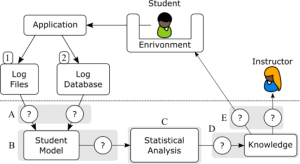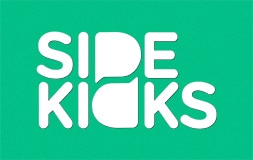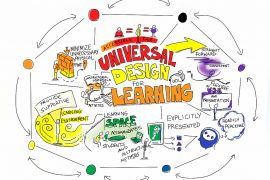From 1-5 pm on Monday 24th October, during the University of Sydney’s Innovation Week, the Education Portfolio and the Centre for Research on Learning and Innovation are co-hosting this workshop on using data to support learning.
The learning environments being used today offer unprecedented opportunities to collect data about a wide variety of learner interactions. Can this data help instructors improve their understanding and support of the learners? The area of Learning Analytics focuses on how data can be used to improve the overall student experience. Although other areas such as business or marketing are successfully using data to improve processes, its adoption in educational institutions is slower. In this hands-on workshop we will explore some common techniques to analyse data about student learning and explore the process to translate it into actionable knowledge. The activities in the workshop will be divided into the following modules:
- Connecting data to questions. Which aspects of a learning experience can be explored with the help of data? What questions can be answered?
- Connecting with learning theory. How can theory guide the design of data-intensive learning experiences?
- Data-supported actions. What actions can be derived from the combination of data and educational theories?
At the end of the workshop the attendees should be capable of explaining how data can be used to guide the deployment of personalised student support actions.
Attendees should bring their own laptop, preferably with the tool RStudio installed. This workshop will be led by Abelardo Pardo from the School of Electrical and Information Engineering.
Register for Data Workshop





